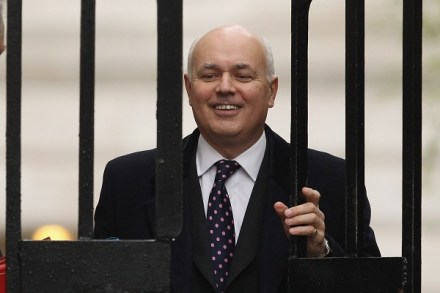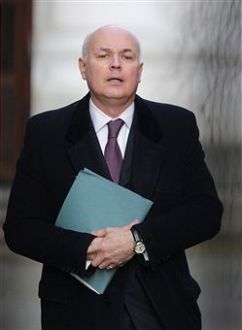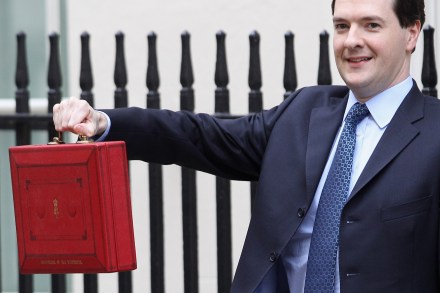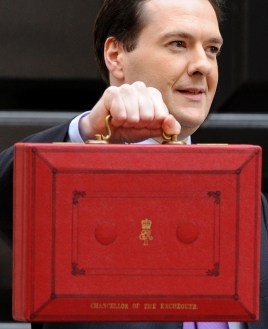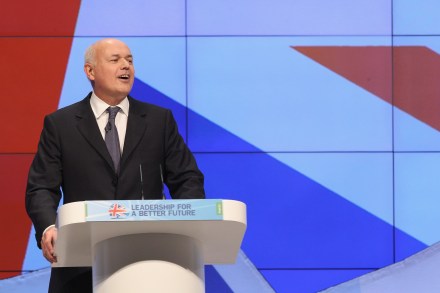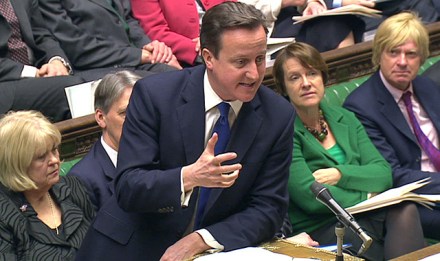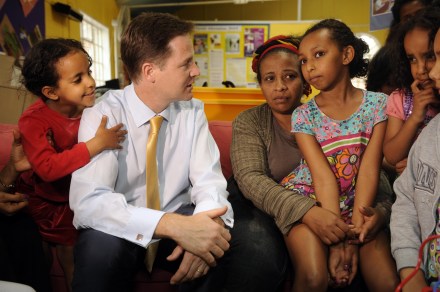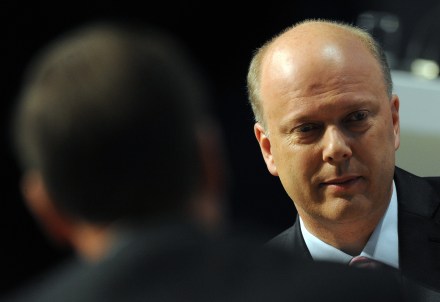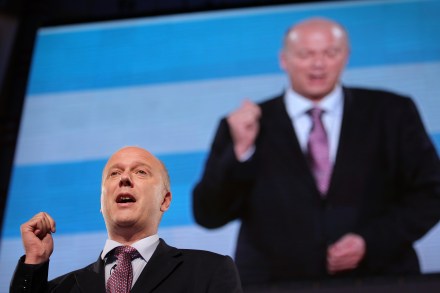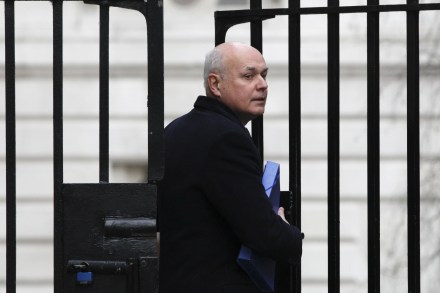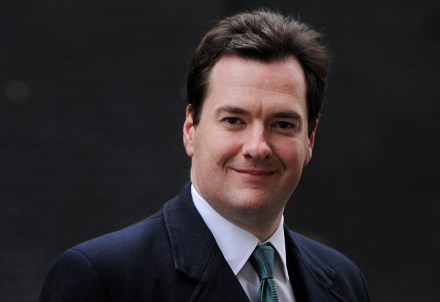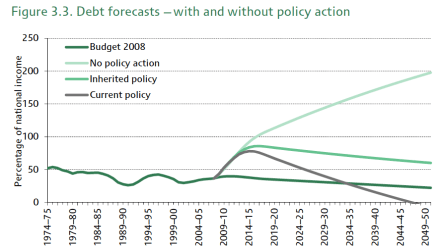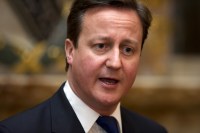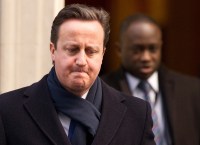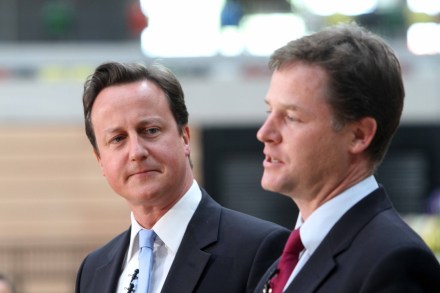The benefit cap is a key test of compassionate Conservatism
David Cameron and Nick Clegg’s railways announcement wasn’t the only attempt today by the coalition to bounce back from the strife of the past few weeks. Iain Duncan Smith also chose to point to another area where the Government is delivering on voters’ demands: welfare. In an op-ed in the Daily Mail, the Work and Pensions Secretary said the £26,000 benefit cap for workless families, which is one of the government’s most popular policies, is already effecting the behavioural change ministers hoped it would, with a third of claimants saying they are going to look for a job in order to avoid the cap, which comes into effect in 2013. In
